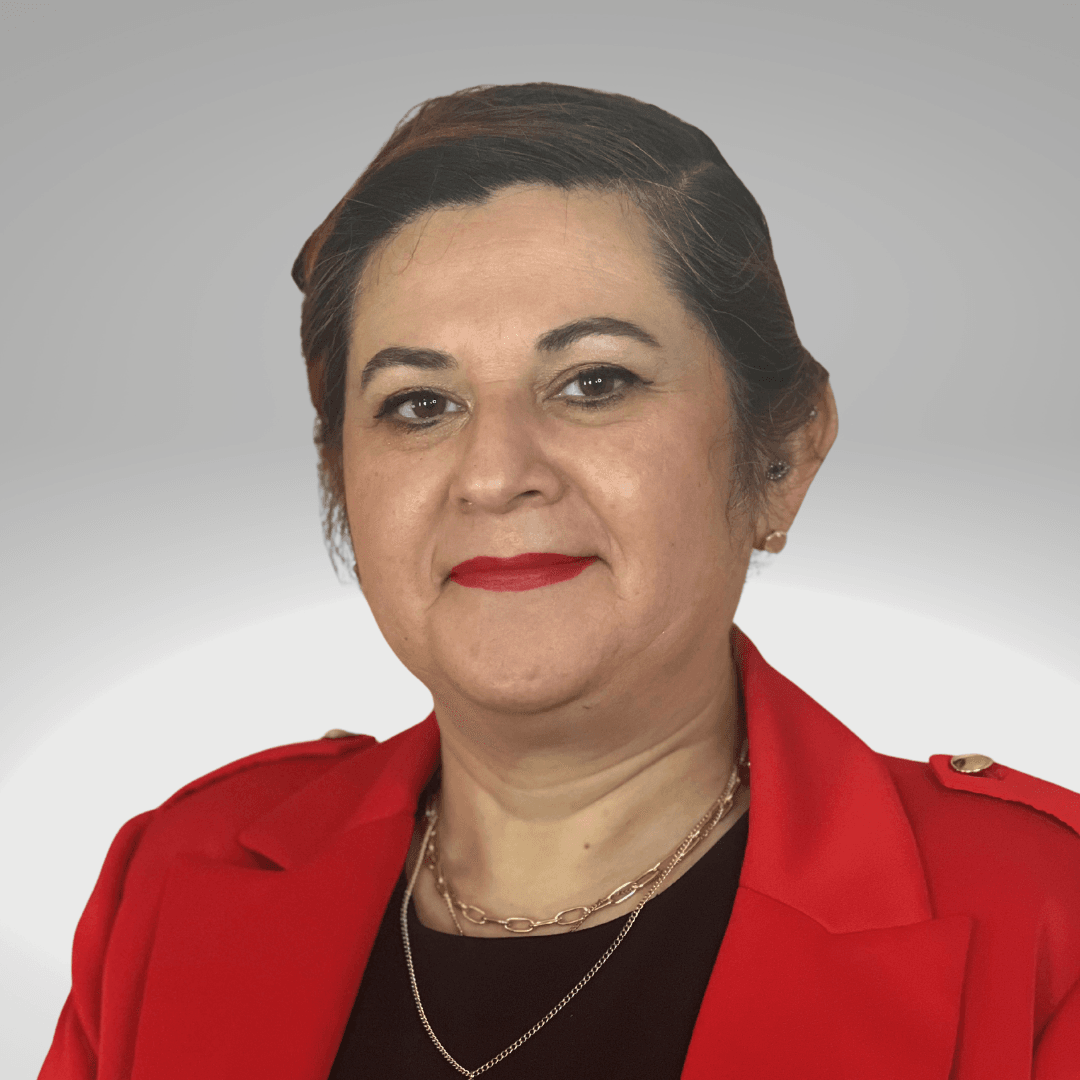
At HCCM, we work to help the community break the grip of hardship, hunger and hopelessness by improving the health and well-being of our neighbors.
Recently, HCCM was invited by our long-term partners, St. David’s, to participate in a poverty simulation. I had the pleasure of attending a Poverty Simulation at Texas State University, St. David’s School of Nursing. During the poverty simulation, participants encounter various scenarios designed to replicate the obstacles faced by low-income households. They may struggle to pay bills, access healthcare, or secure stable housing. Limited resources and systemic barriers force participants to make difficult choices, often prioritizing immediate needs over long-term goals. Through these experiences, participants gain firsthand insight into the stress, uncertainty, and resilience associated with poverty.
One of the primary objectives of poverty simulation for this exercise was to cultivate empathy and understanding among students. By walking in the shoes of those facing economic hardship, individuals gain a deeper appreciation for the challenges marginalized communities endure. This heightened awareness can challenge stereotypes, dispel myths, and foster a more compassionate response to poverty within society.
This tool, poverty simulation, offers a powerful tool for education, empathy-building, and advocacy. By engaging in experiential learning, students gain a deeper understanding of the challenges faced by economically disadvantaged communities and are inspired to take meaningful action to create a more just and equitable environment.
As I reflect on my experience with the poverty simulation at Texas State University, St. David’s School of Nursing, I am struck by the profound impact it has had on my understanding of poverty and empathy towards those facing economic hardship. By engaging in poverty simulation that mirrored the realities of poverty. As a case manager at HCCM, this experience has equipped me with the tools to educate and empower my colleagues to approach their work with heightened awareness, compassion, and sensitivity. By sharing my learnings from the poverty simulation, I hope to inspire others to challenge stereotypes, dispel myths, and advocate for equitable solutions to address poverty and inequality.
